
Manmohan Singh
Prime Minister
Mohandas: A True Story of a Man, His People and an Empire
Rajmohan Gandhi
This is one book I thoroughly enjoyed reading this year. There's much that I learnt about Gandhiji from his grandson's book on him and many of the anecdotes the author recounts came as a revelation.
The Age of Turbulence: Adventures in a New World
Alan Greenspan
This is the autobiography of Alan Greenspan, the man who headed the Federal Reserve Bank of the US for many years. I knew him when I was finance minister, and there are 4-5 pages about India in his book.

Sonia Gandhi
Congress president
The Music Room
Namita Devidayal
I especially enjoyed this because I've always liked classical vocal music, and this book gives us a unique insight into the guru-shishya tradition, and what eventually goes into the making of great artists.
The Cry of the Dove
Fadia Faqir
This novel is in a sense the story of women living in oppression anywhere. Through the protagonist, Salma, it tells of the travails caused by both external circumstances and inner conditioning which women often have to face and overcome all their lives.
Memoirs
Ahmed Kathrada
This is the autobiography of a South African freedom fighter who spent 26 years in jail, much of the time in Robben Island with Nelson Mandela and others. It brings to life their inspiring struggle against apartheid. I have never ceased to wonder at their heroism and sacrifices.

Lal Krishna Advani
Leader of Opposition
Shameful Flight: The Last Years of the British Empire in India
Stanley Wolpert
There have been many books on or about the Partition. But Stanley Wolpert's recent book is from a new and unique perspective. British scholars may not be happy with it. It severely criticises Lord Mountbatten, and affirms that while partition had become inevitable, the terrible cost paid by both sides in terms of human lives and the uprooting of millions could have been considerably reduced if Mountbatten had shown greater patience.
For One More Day
Mitch Albom
I liked this novel about what happens if you had one more day with someone you lost. I read it because I had immensely enjoyed Albom's earlier book, Tuesdays With Morrie. Albom is essentially a sports scribe, but these two books of his are "inspirational stories set at the juncture of life and death", and have the readers emotionally shaken up.

A.P.J. Abdul Kalam
The "People's President"
The Discoverers
Daniel J. Boorstin
The Discoverers is indeed a history of man in search of his world and himself. Of the many important aspects of discovery, what impressed me were the study of time and the discovery of devices to measure time. All the early scientific pioneers, including Copernicus, Galileo, Kepler and Newton, on whose shoulders scientists of the 20th and 21st centuries stand, are here. This book will appeal to many scientific and thinking minds.
Everyday Greatness: Inspiration for a Meaningful Life
Stephen R. Covey & David K. Hatch
This book has a beautiful message for every day. Each page is unique and provides a new meaning for humanity. I especially liked the chapter on unity, which contains a story about a mentally challenged boy of three years who is nurtured by his family till he becomes near normal, an example for parents with mentally challenged children.
Giving: How Each of Us Can Change the World
Bill Clinton
This book is about the importance of giving and how each of us can change the world through an attitude of giving. As Mother Teresa once said, "Keep giving till it hurts." This book can definitely kindle each one of us to give and be happier.
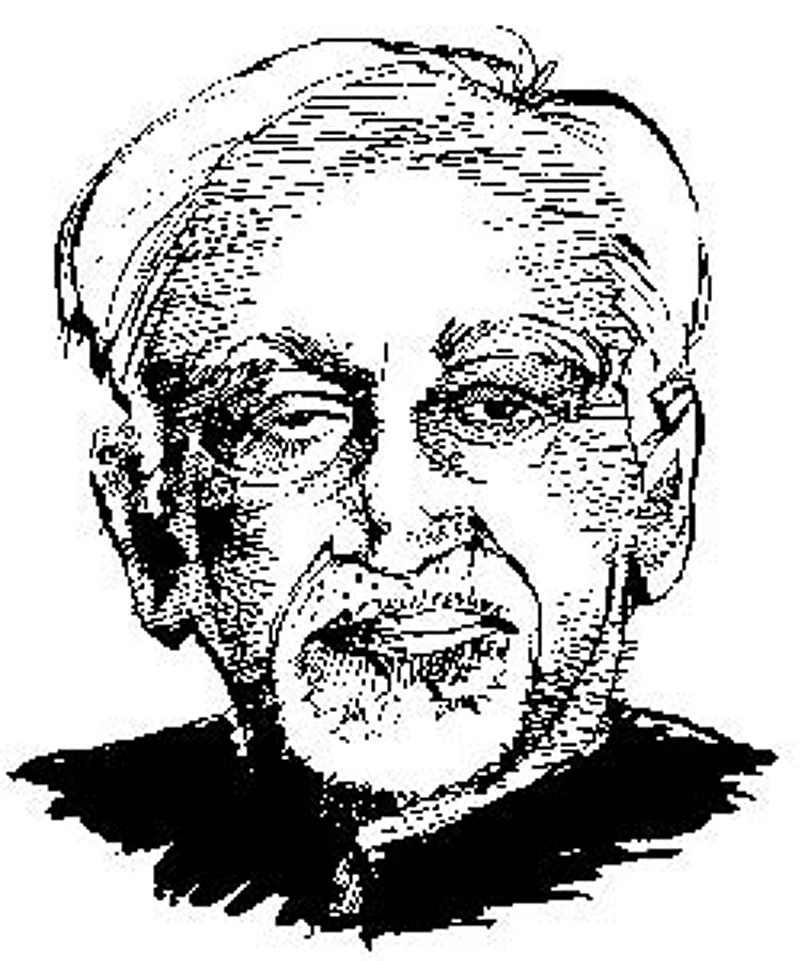
Hamid Ansari
Vice President
Treacherous Alliance: The Secret Dealings of Israel, Iran and the United States
Trita Parsi
Tafheem-e-Ghalib
Shams-ur-Rahman Faruqi
Rajya Sabha at Work
Edited by Yogendra Narain

Benazir Bhutto
Ex-prime minister, Pakistan
In Search of Memory: The Emergence of a New Science of Mind
Eric R. Kandel
I met the Nobel Prize-winning author in Colorado, US, recently. It's the story of Kandel's life in Vienna as Nazism spread and his family was persecuted. His book is about the brain, how it works and how the memories we form and what we recall make for one's perception of life. Although I've only managed to read three chapters so far because I'm in the middle of campaigning in interior Sindh, I find the book interesting because life is a collection of memories and identity is formed by our self-image and others' memories of us.
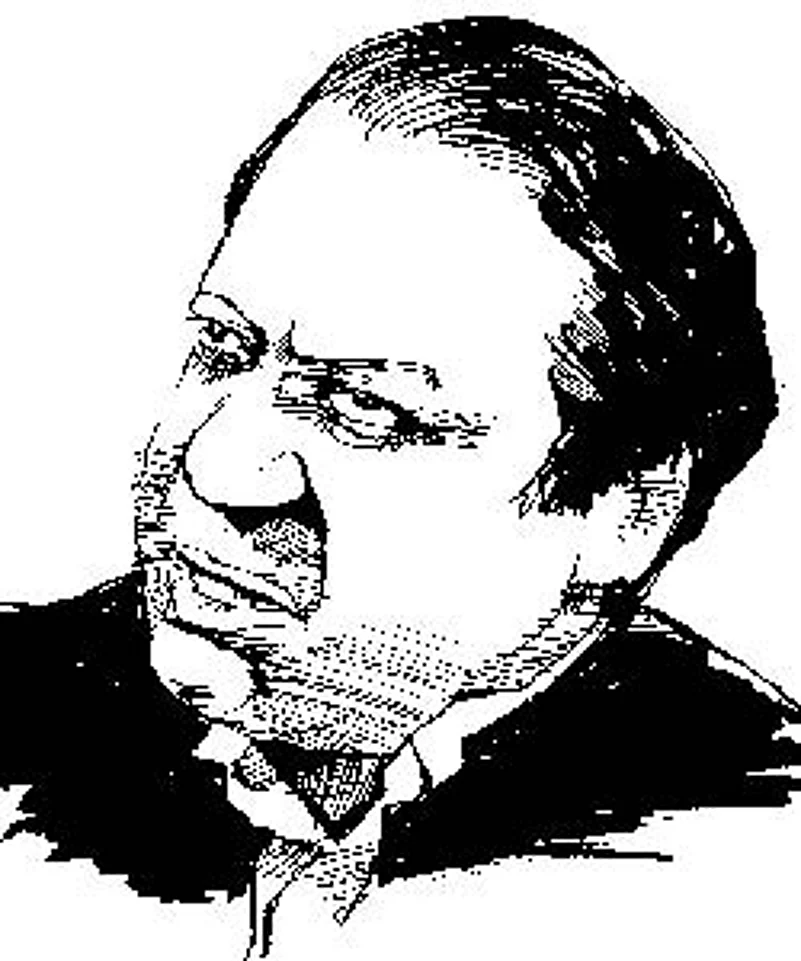
Nawaz Sharif
Ex-prime minister, Pakistan
I am reading and re-reading the 1973 Constitution, from which I've quoted chapter and verse at my election rallies in the Punjab and the Frontier.
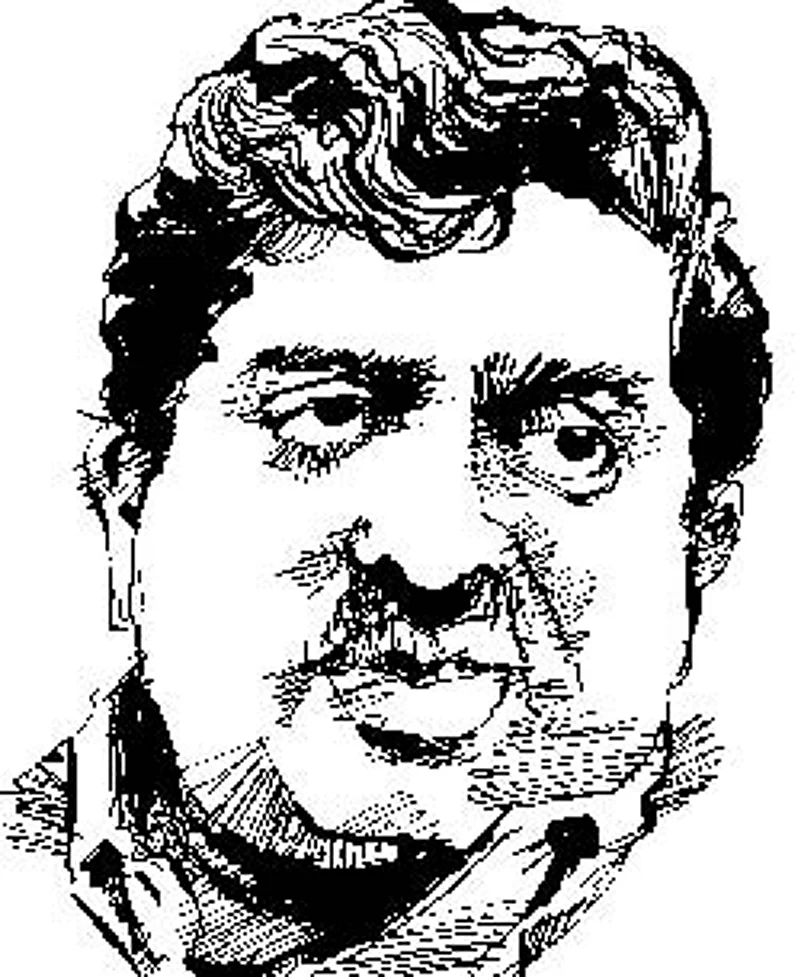
Nandan M. Nilekani
Infosys co-chairman
India After Gandhi: The History of the World's Largest Democracy
Ramachandra Guha
I thoroughly enjoyed it.
We Are Like That Only
Rama Bijapurkar
This is a book about the Indian consumer market and its marketing implications by one of India's most respected thought leaders on market strategy.

Ashis Nandy
Psychologist
When A Tree Shook Delhi: The 1984 Carnage And Its Aftermath
Manoj Mitta and H.S. Phoolka
This is probably the first serious study of the anti-Sikh riots and beautifully exposes how a regime can use not only the state machinery but also the judicial process to subvert justice. It is almost a handy guide on how to organise a communal riot and then escape the consequences.
Home And Exile
Chinua Achebe
A charming little statement on colonialism and what it does to a person and a culture. Written very lucidly, this book is the intellectual kernel of all Achebe's novels. I believe this book will last.

Khushwant Singh
Writer
The Indians: Portrait of a People
Sudhir Kakar & Katharina Kakar
I think very well of anything that Sudhir Kakar writes because he is not only highly readable but says what nobody has said before. After psycho-analysing Gandhi and Mira, he now focuses on Indian people. He has really gone for the fundoos, both Hindus and Muslims.
The Oxford India Gandhi: Essential Writings
Gopalkrishna Gandhi
When you thought there was nothing else to know about Gandhi, this book tells you new things about him, including concrete proof of Gandhi being against Partition. It brings out unknown aspects about his life such as the day Gandhi threw Kasturba out of their home.
Filming: A Love Story
Tabish Khair
I liked this book because it deals with the growing differences between Hindus and Muslims and the people who fell victim to this hatred. It ends with Gandhi's assassination.
The Assassin's Song
M.G. Vassanji
It deals roughly with the same subject as Khair's book and more or less gives you an explanation of what happened in Gujarat, where the book is based. It is even-handed in its condemnation of fundamentalism.
Rani
Jaishree Misra
The author has done a lot of work on a very important aspect of India's recent history, giving the whole background before the 1857 rebellion. Misra mixes history with fiction very deftly.

Taslima Nasreen
Writer
Infidel
Ayaan Hirsi Ali
I found her story of emergence from a poverty-stricken part of Somalia and her transformation into a strong woman breaking away from her traditional Muslim upbringing very inspiring. In a sense, it's the journey of every woman breaking out of male-imposed shackles.
Intercourse
Andrea Dworkin
This is not a book about sex, but a radical feminist's reading of how sex is used in a male-dominated society as a last resort to keep women subjugated. Dworkin died two years ago and there's a new edition out now.
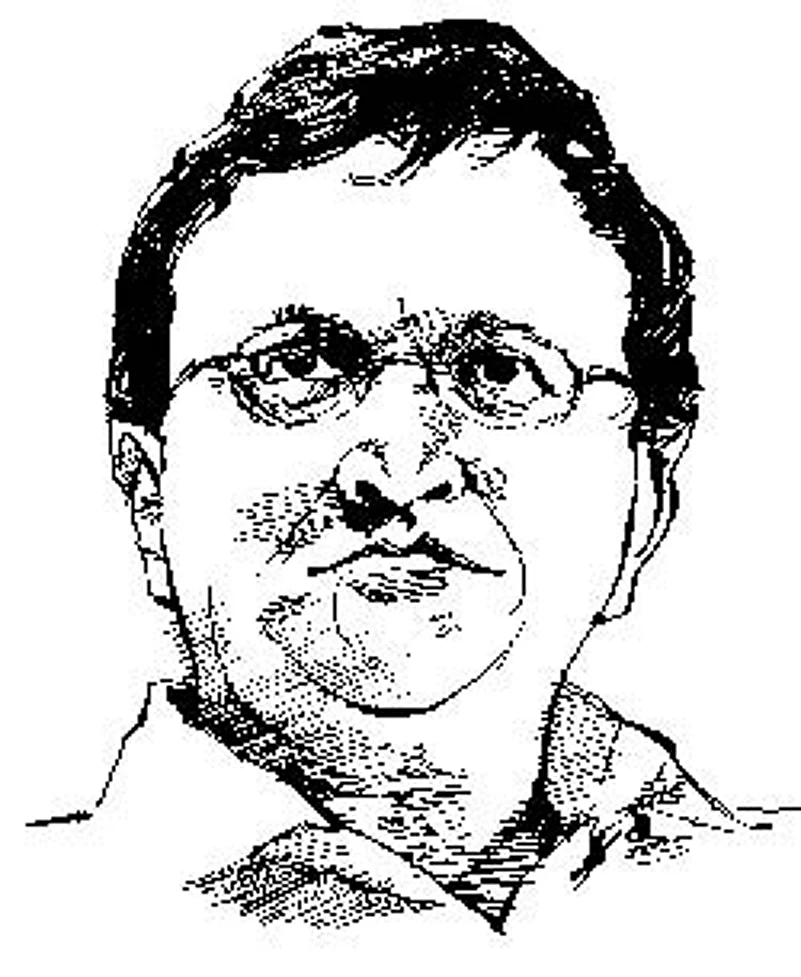
Ramachandra Guha
Historian
The Lost World of Hindustani Music
Kumar Prasad Mukherji
The greatest of Indian cultural traditions is finally beginning to get the literature it deserves. Kumar Mukherji's book is a wide-ranging anecdotal history of many singers and gharanas.
The Music Room
Namita Devidayal
An evocative memoir of a single singer and gharana.
The Passing of an Illusion: The Idea of Communism in the 20th Century
Francois Furet
This classic is highly recommended, especially (in the wake of Nandigram) for Indian Communists and their Left-wing critics.

Shyam Benegal
Filmmaker
Other Colours
Orhan Pamuk
A fabulous book, Pamuk is an insighful and perceptive human being, who has the gift of presenting the most complex thoughts with great clarity. In this collection of his essays he reveals himself as a person.
The Music Room
Namita Devidayal
It's not only about Hindustani music, and the manner in which it imbibed influences like Islam, but it's also, in a sense, about India.
Darlingji—The True Love Story of Nargis and Sunil Dutt
Kishwar Desai
I liked parts of this book very much.
India After Gandhi
Ramachandra Guha
Nobody has attempted to write such a book about post-Independence history. It's very well-researched.
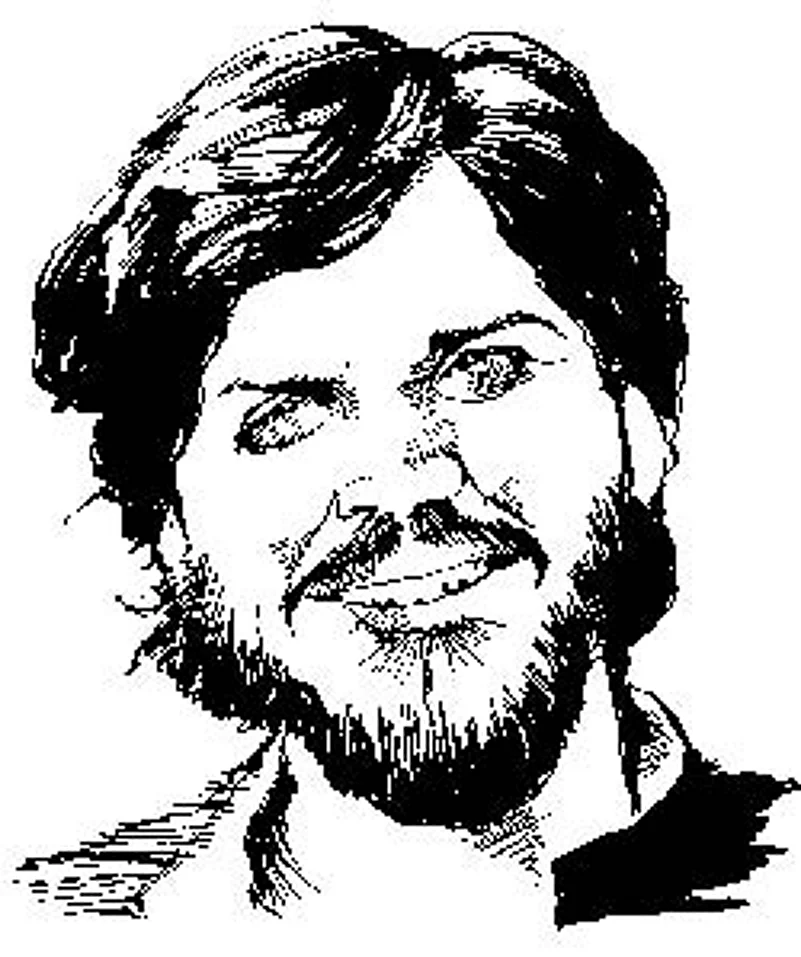
Pankaj Mishra
Writer
The Tree of Smoke
Denis Johnson
This is that increasingly rare thing which American creative writing schools are incapable of producing: a novel that is sprawling, slightly crazy, but original and always interesting.
China's Brave New World: And Other Tales For Global Times
Jeffrey N. Wasserstrom
In this book Jeffrey Wasserstrom shows why he is one of the most sensible writers on a subject that most Western writers spoil with either paranoia or excessive awe.
Forgotten Wars: The End of Britain's Empire
Christopher Harper & Tim Bayley
It's a dazzling book of history, an eloquent account of the historical accidents and traumas that went into the making of modern Asia.
The Clay Sanskrit Library
These translations that I have been reading for a review promise to revolutionise our sense of the Indian past: it is the greatest publishing project of recent years.

Manil Suri
Novelist
India After Gandhi
Ramachandra Guha
Accurate, comprehensive and consistently engrossing, this wonderful account showcases not only Guha's prowess as a historian but also as a writer. I only wish that the book had come out a few years earlier—it would have been such a valuable resource for the background historical research I needed for my own new novel, The Age of Shiva, which takes place in the same period.
Measuring the World
Daniel Kehlmann
Perhaps the biggest bestseller ever in German publishing history, this wry, ironic and irrepressibly hilarious story tracks the crisscrossing paths of the mathematician Gauss and the explorer Von Humboldt. Everything about this book, from its unlikely characters to its quirky construction and plotline, is completely original—it is a true joy to read.
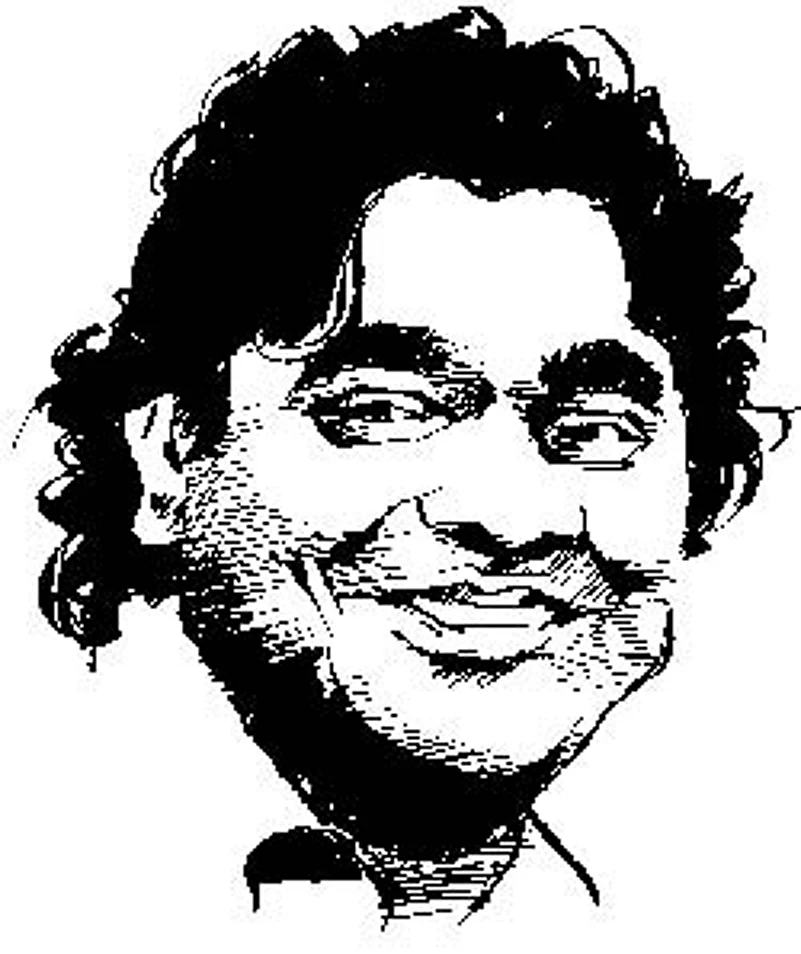
A.R. Rahman
Musician
iCon: Steve Jobs, the Greatest Second Act in the History of Business
Jeffrey Young & William Simon
A very interesting book about how the inventor of the Macintosh and iPod revived his business when it was practically dead.
The Fall of the Intellect
A. Parthasarathy
I picked up this book from a friend's bookshelf because I was attracted to Parthasarathy's theory of how intellect and intelligence are two different things, and how the more we fill ourselves with knowledge, the less wisdom we seem to have.

Sharmila Tagore
Actress, Censor Board chief
The Mandala of Sherlock Holmes
Jamyang Norbu
I found myself reaching for this wonderful book though it's hardly new. This is more travelogue than novel, and I liked the way he writes.
The Insanity Defense: The Complete Prose
Woody Allen
I liked his sense of humour and insight.

Girish Karnad
Playwright
The Language of the Gods in the World of Men: Sanskrit, Culture and Power in Premodern India
Sheldon Pollock
The best book I've read, not just this year but in the last decade. With a scholarship dazzling in its range and detail, the Ransford Professor of Sanskrit at Columbia University recounts the fascinating saga of how, with no military might pushing it, Sanskrit got transformed, over a thousand years, from a primarily ritual language into a medium of poetry, and then into a symbol of political power and hegemony, not just within the Indian subcontinent but across the whole of South Asia.
India After Gandhi
Ramachandra Guha
A riveting and utterly lucid account of India's development since independence. The scholarship is staggering, but the feel always human, as Guha charts how seemingly minor figures, such as the now-forgotten Potti Sriramulu, altered the map of India literally overnight and helped put together the intricate mosaic of our democracy.


























